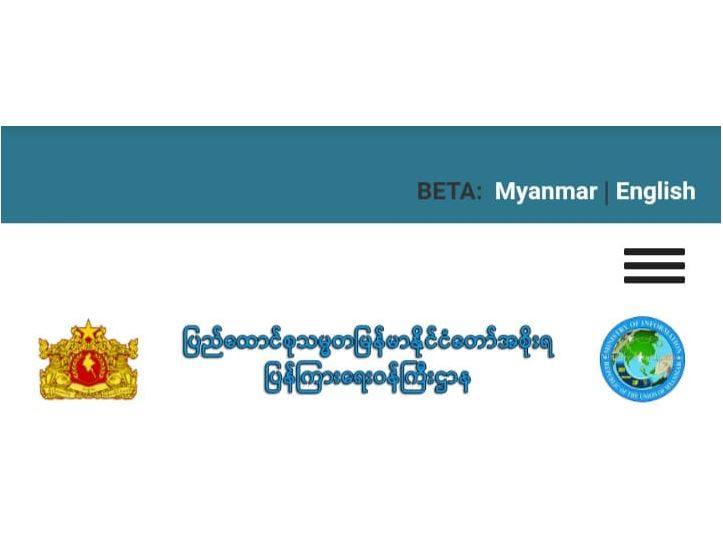Cattle trade has ground to a halt amid the coronavirus resurgences, and over 10,000 cattle have stranded in Muse border, traders said.
The Ministry of Commerce grants a permit to each company for 100 cattle export, and the pass is valid for three months.
At present, the local companies are facing difficulties with over 10,000 cattle stranded in the Muse border as China has dried up the demand. It prompted the traders to call for the ministry to extend the validity of the permit. However, there is still no response to it.
The domestic companies are sending cattle in line with Standard Operating Procedure to China through the Muse border.
“Before the COVID-19, cattle were highly demanded. During the early outbreak of coronavirus, about ten traders from China entered Myanmar to purchase over 1,000 heads of cattle per day. The resurgence of COVID-19 in Myanmar prompted China to tighten its border areas with Myanmar. Consequently, it was over four months that cattle trading had halted. We are not sure when the cattle trading will go back to normal,” Ko Kyi Khin, a cattle trader, explained the reasons for trade suspension.
While cattle exports are legal in Myanmar, livestock trade is still not permitted by China. Therefore, Myanmar traders cannot directly send the cattle to China market, so they have to wait for China traders.
“The traders are facing many hardships as it is difficult to take care of the cattle in yards during the rainy season. We can’t do anything else but only wait. As a result, traders have been burdened by labour wages, cost of feedstuff, healthcare services, and other general costs. It costs K3,000-4,000 per day to feed one cow, incurring loses,” a trader U Sai Tun stressed.
Typically, a large cow is valued at over K1.8-2.2 million depending on size. Still, the suspension of trade often leads to Chinese traders resorting to price manipulation and offering a lower price.
“Chinese traders are also worried about mandatory quarantine when they enter Myanmar. Another reason is the surging COVID-19 new cases in Myanmar,” said Ko Kyin Khin, a cattle trader.
The Department of Livestock Breeding and Veterinary has been endeavoring to provide health care services to over 10,000 heads of cattle remained struck in Muse, and more than 3,000 of them are under the care of the department. The department is also planning for the remaining cattle.
During the previous financial year 2019-2020 ended September 2020, Myanmar’s exports of animal products touched a low of US$107.74 million, a sharp drop of $258.6 million compared with the corresponding period of the 2018-2019FY when livestock trading was suspended by China.
As of 27 November, in the current FY2020-2021, animal products exports were registered at only $13 million, which plunged from $40.5 million in the FY2019-2020.
Animal products exports are solely driven by the private sector this year.
Myanmar has held a series of negotiations with China at the Joint Border Trade Cooperation and Coordinating Committee (JBTCC) meetings on legal exports of cattle along with cross-border control of infectious diseases.
At present, to prevent from animal disease, the Ministry of Agriculture, Livestock and Irrigation issued a notification on 11 March 2020 that the cattle are subject to particular goods and procedures for movement of the cattle in the regions and states were mentioned, posing difficulties to those livestock farmers working on a manageable scale.
The health certificate (AHD/PC-3) issued by the head of the related Livestock Breeding and Veterinary Department in the townships, districts and regions or states are required for the transportation of the cattle within the country.
If the traders fail to comply with the notification, they will face legal action under the Special Goods Tax Law.
At present, the COVID-19 consequences pose transportation difficulties, and it is hard to seek approval from the related Livestock Breeding and Veterinary Department.
The country exports cattle that are above five years old, along with vaccination certificates, health certificates, and farming registration certificates. According to the 2018 cattle census, there are 11.5 million heads of cattle in the country.
Since the 2017-2018FY, over 460,000 heads of cattle, with an estimated value of over $581 million, have been exported to China through the Muse border, according to trade figures. Ko Htet
(Translated by Ei Myat Mon)
The_Global_New_Light_of_Myanmar

